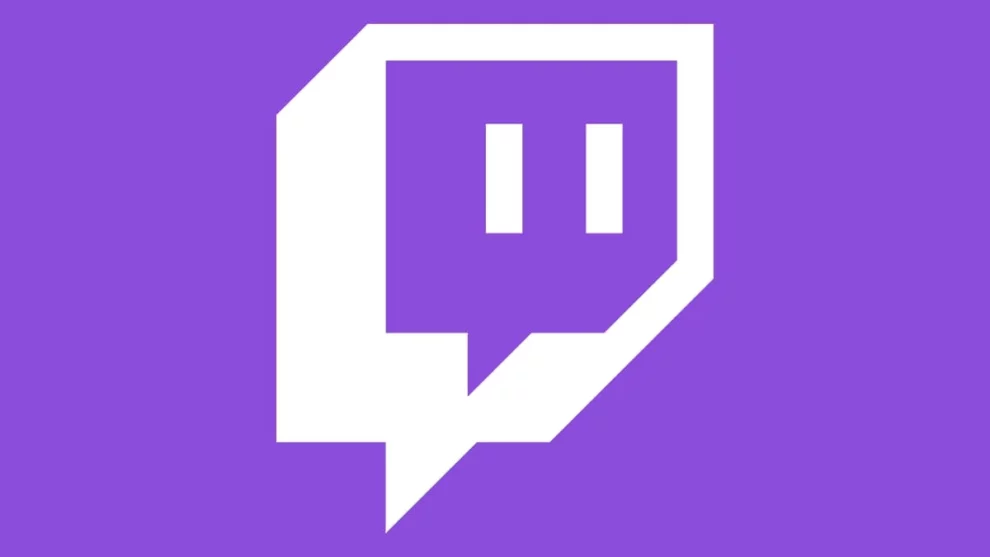The rise of vaping among teens and young adults has sparked much debate in recent years. While some argue that vaping is a safer alternative to smoking cigarettes, health organizations have raised alarms about the risks and harms of e-cigarettes, especially among youth. Now, a new controversy has emerged at the intersection of vaping culture and the world of online gaming and streaming.
The Booming Popularity of Twitch
Twitch has become one of the internet’s most popular live streaming platforms. The site, which focuses primarily on gaming content, draws in millions of viewers who tune in daily to watch their favorite streamers play games, interact with fans, and even participate in virtual events. However, Twitch’s growing user base has also captured the attention of vaping companies, who have taken to partnering with and promoting products through popular Twitch streamers.

Concerns Around the Marketing of Vaping Products
Public health organizations have sounded alarms about e-cigarette companies using influencer marketing and social media to promote vaping, particularly among young people. While vaping has been marketed as safer than smoking, its health impacts remain understudied, especially long-term outcomes. Still, research shows that nicotine poses significant risks for youth and young adults, including addiction, mood disorders, and permanent lowering of impulse control.
Flavored e-cigarettes also appear intentionally targeted towards younger demographics. Yet the long-term safety of inhaling food-grade flavorings into the lungs remains questionable at best. Those who vape are also more likely to go on to smoke traditional cigarettes.
Twitch Streamers and the Vaping Debate
Twitch streamers represent aspirational figures to many fans, able to leverage their authenticity to promote products they use and endorse. However, public health advocates argue that streamers glamorize and normalize vaping when they incorporate it into their streams, intentionally or not. Documentaries like HBO’s “Vaping: Crisis in America” have used footage from Twitch streams to argue that vaping has developed a strong youth culture through gaming and adjacent communities.
At the same time, others believe that streamers should have autonomy over the endorsements and sponsorships they accept. Streamers themselves have a range of opinions; some refuse to promote vaping products over health concerns, while others argue for e-cigarettes as a smoking cessation tool for adult consumers.
Examining Solutions
Navigating Twitch streamers’ role in youth vaping debates raises ethical questions without easy answers. Still, public health advocates have proposed some reforms for mitigating potential harms:
- Implementing regulations around vaping and gaming sponsorships/affiliations
- Educating streamers on advocacy issues around youth vaping
- Twitch developing policies to discourage streamers from displaying/endorsing vaping without appropriate age restrictions
Critics argue, however, that outright banning vaping content could infringe on streamers’ rights. It also may not prevent youth vaping rates from climbing through other means. Educational approaches are likely needed in tandem with any policy solutions.
The Need for Further Research
While the concerns around Twitch streamers and youth vaping culture seem well-founded, limited research exists explicitly examining their societal impact. Public health scholars have called for further study, including:
- Surveys and interviews assessing vaping rates among Twitch stream fans
- Content analyses of the types of messaging/imaging used around vaping in gaming communities
- Experiments testing whether displays of vaping in gaming streams positively shift youth attitudes towards e-cigarettes
Ongoing research can help inform appropriate, evidence-based policies that protect adolescents while preserving ethics around creator autonomy.
Balancing Interests in an Evolving Landscape
Twitch sits at the epicenter of multiple cultural debates, from youth vaping to creator rights. Content moderation will only grow more complex for platforms like Twitch as emerging issues arise at these intersections. Still, prioritizing youth health and welfare, while ensuring fair treatment of streamers, can help balance ethical interests. The path forward should emphasize dialogue, education, harm reduction, and a willingness to update policies based on new evidence.
With vaping intertwining itself deeper into gaming culture, the responsibilities — and opportunities — for positive impact will only increase across Twitch, health organizations, and streamers themselves. Openness to multiple perspectives can help lead to ethical policies reflecting stakeholders’ shared hopes for flourishing communities.
















Add Comment